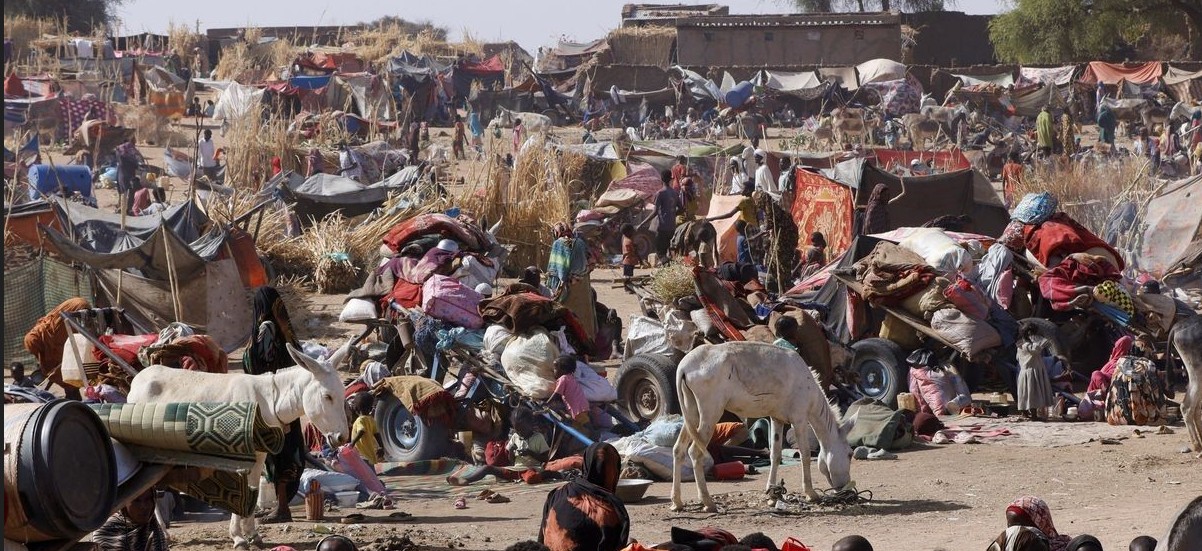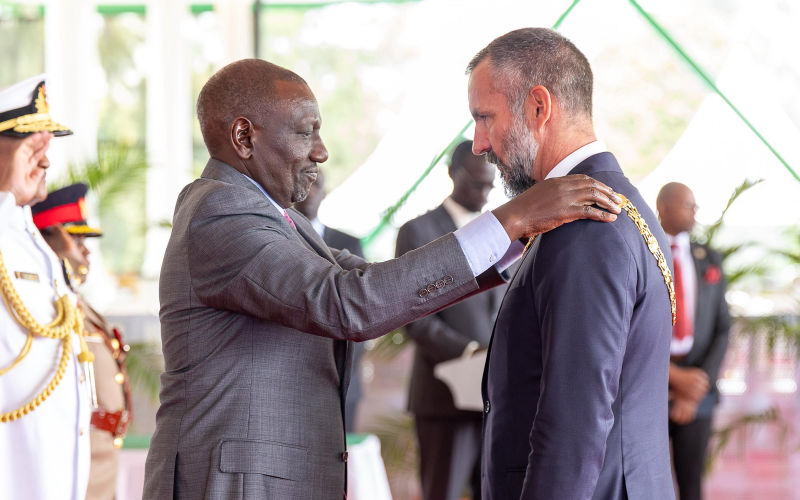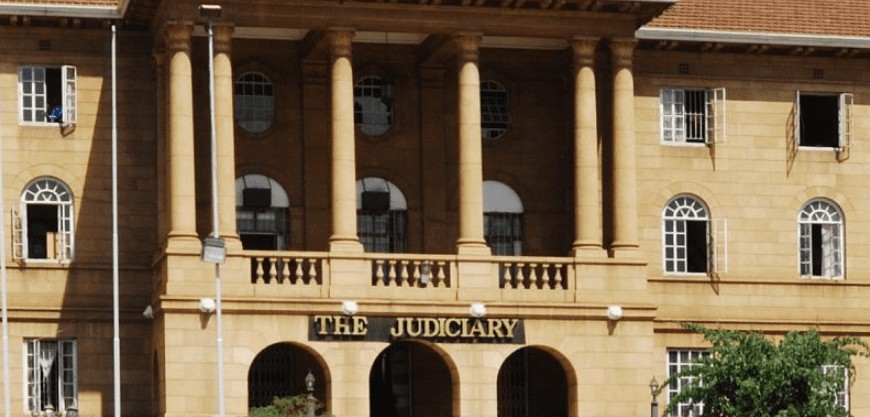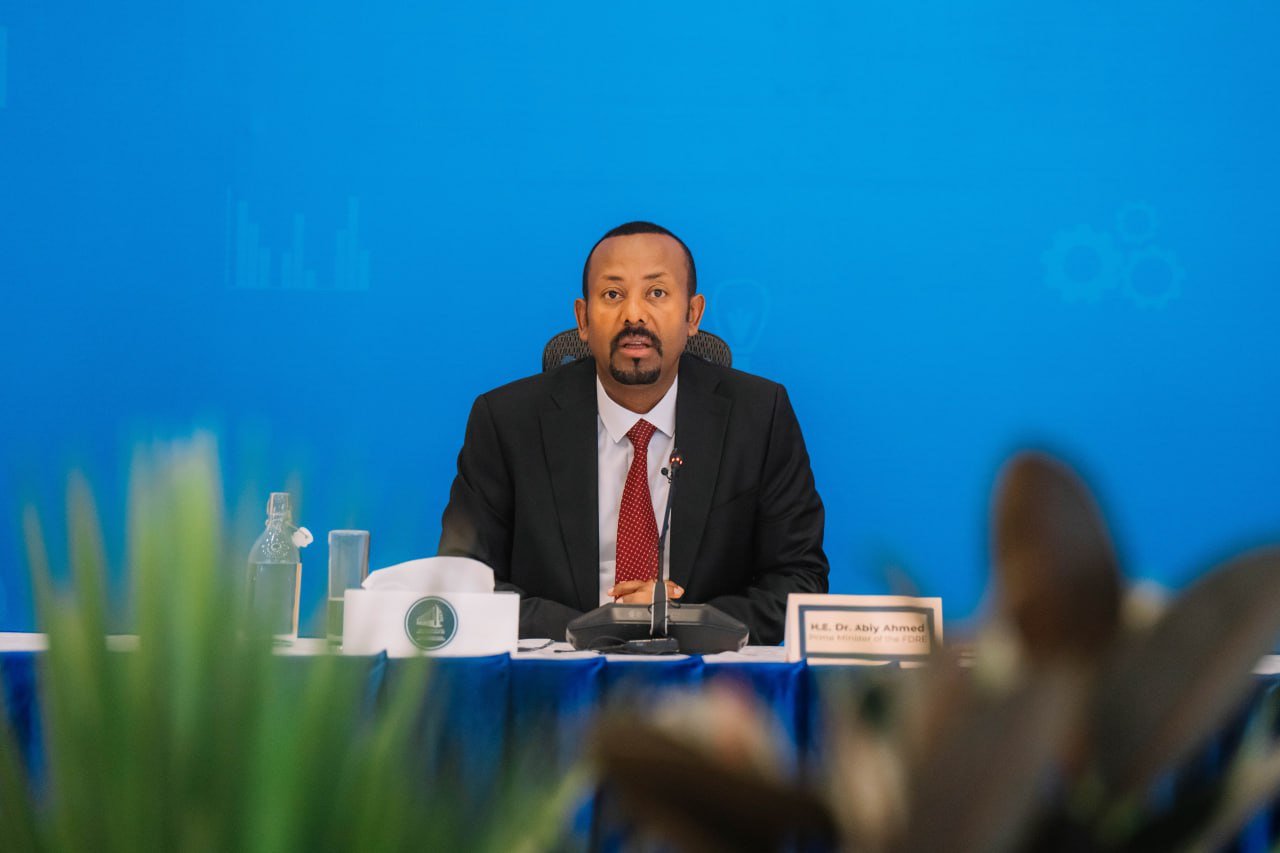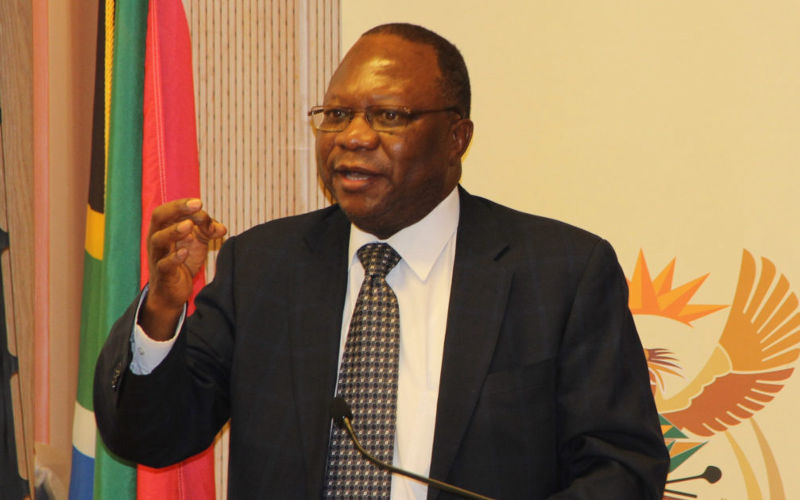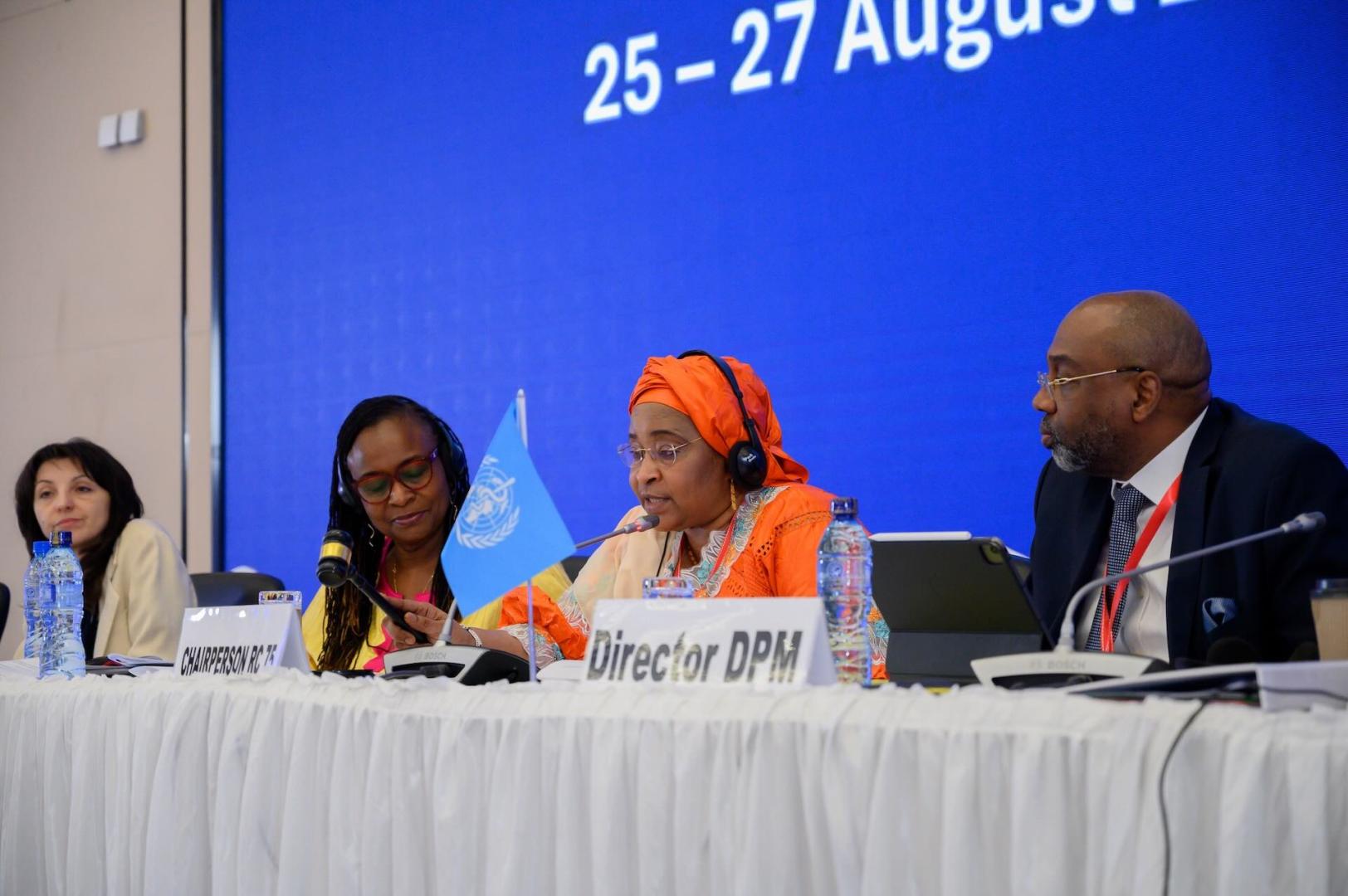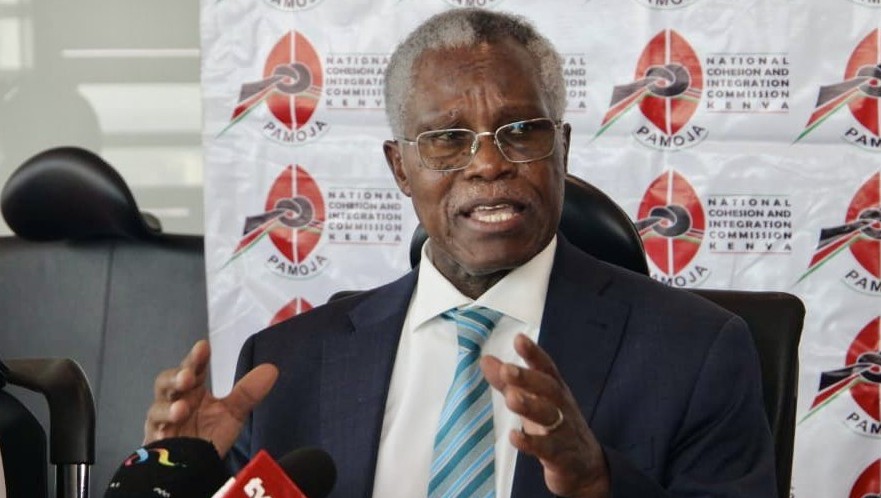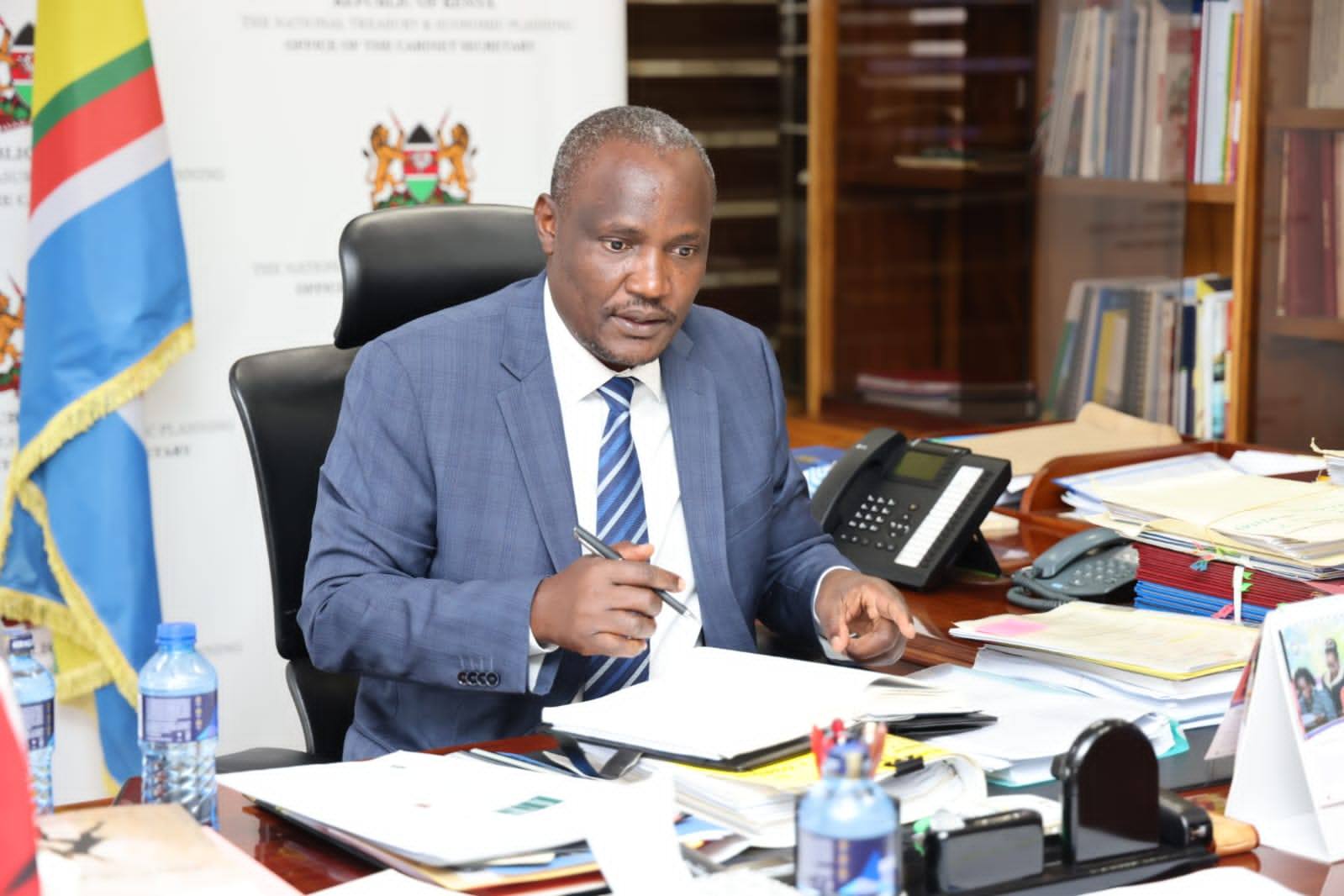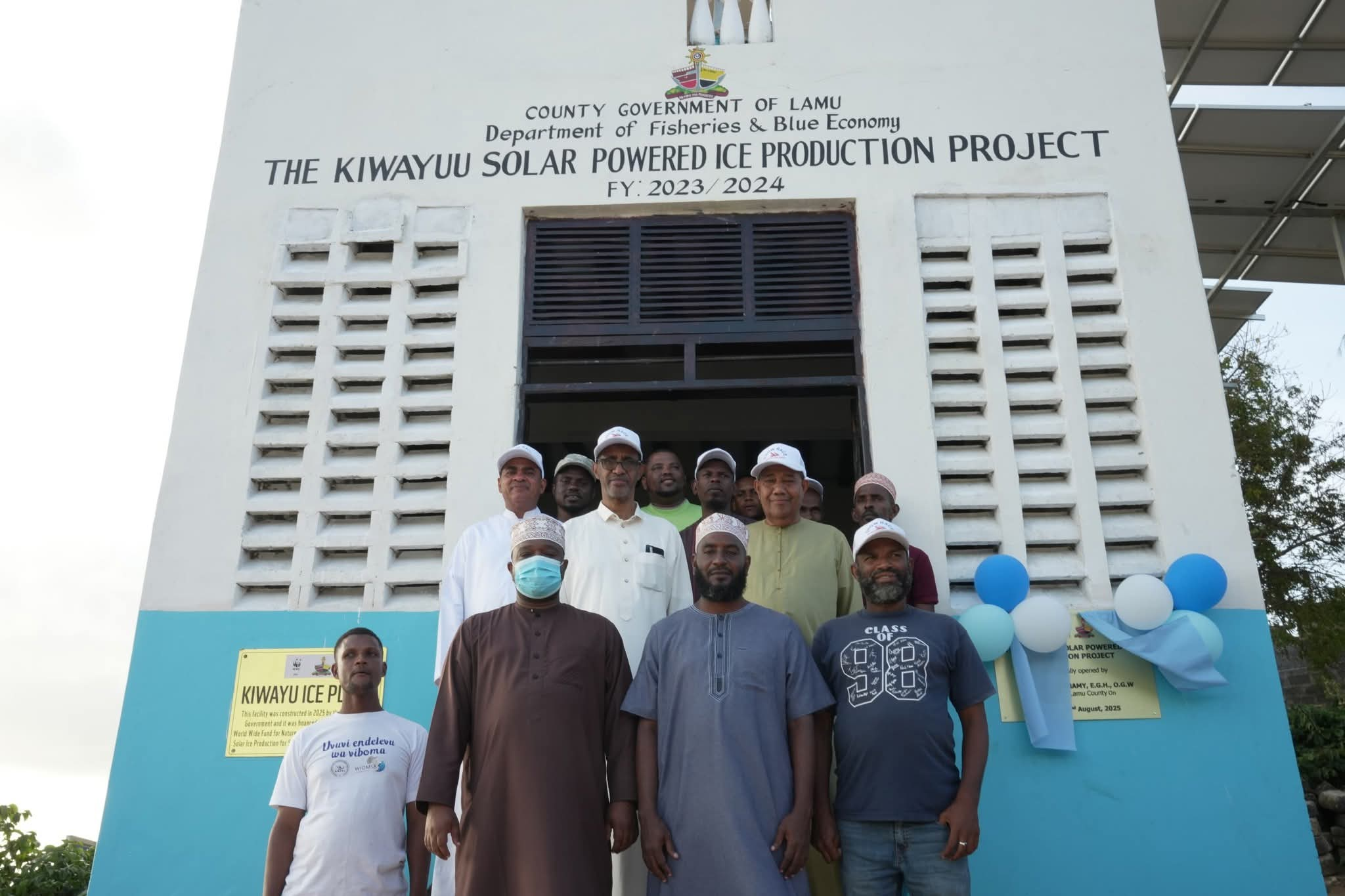Kenya to benefit from EU’s Sh2.3 billion internet expansion project
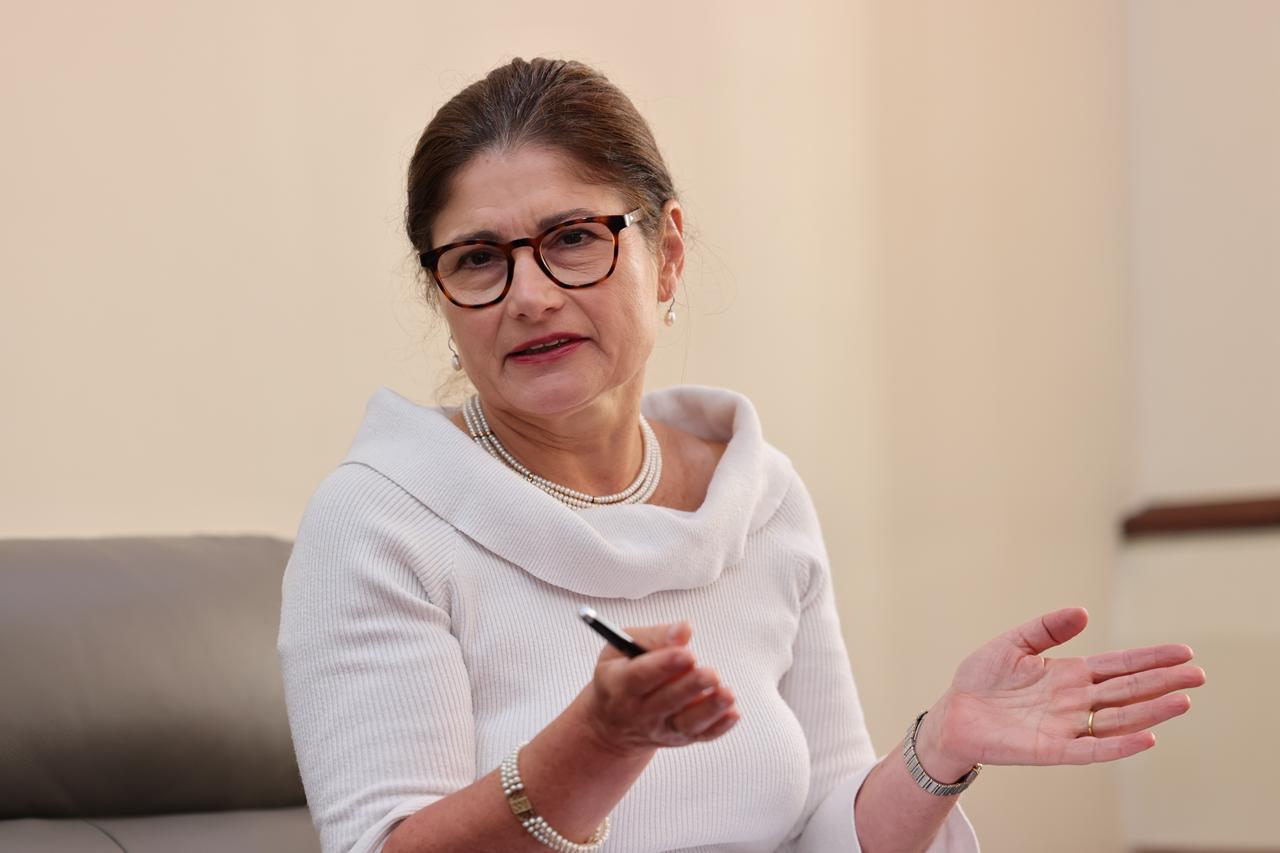
The support comes under the Africa Broadband Mapping Systems project, which also includes extending the subsea blue cable from Djibouti to Tanzania, improving connectivity across the region.
Kenya is set to benefit from Sh2.3 billion (€15 million) in funding from the European Union (EU) aimed at expanding internet access and reducing the digital divide across Africa.
The support comes under the Africa Broadband Mapping Systems project, which also includes extending the subsea blue cable from Djibouti to Tanzania, improving connectivity across the region.
More To Read
- Millennials edge out Gen Z in internet use – CA study
- Ruto revokes Mary Wambui's appointment as CA board chair, names Karondo as replacement
- ICT CS William Kabogo taken to task for failing marginalised areas on connectivity
- High Court blocks government from collecting mobile IMEI data
- CA under fire from MPs over June 25 order suspending live protest coverage
- State warns landlords against restricting access for telcos
The announcement was made on August 25, 2025, in Nairobi by EU Ambassador to Kenya Henriette Geiger during the project launch.
She noted, “The EU private sector is mobilising 300 million euros (Sh45.28 billion) in this initiative. In Kenya, the EU is connecting 1,000 primary schools with broadband.”
The Africa Broadband Mapping Systems project, led by the International Telecommunication Union (ITU), targets Angola, Benin, Botswana, Burundi, Côte d'Ivoire, Eswatini, Malawi, Nigeria, Uganda, and Zimbabwe, alongside Kenya.
Communications Authority of Kenya Director-General David Mugonyi highlighted the urgent need to improve internet access, pointing out that only 47.5 per cent of Kenyan households are online, with rural areas falling to just 26 per cent.
He also revealed that 164 sublocations remain without 3G or 4G connectivity.
“There is a need to eliminate this digital divide,” Mugonyi said, stressing that CA is collaborating with other government bodies to create a digital superhighway linking schools, health facilities, and other public institutions to high-speed internet.
Broadcasting and Telecommunications Principal Secretary Stephen Isaboke emphasised that broadband connectivity is critical for social and economic progress, describing it as “no longer a luxury but a fundamental catalyst for socio-economic development, innovation, and prosperity.”
Top Stories Today

